Levant by Anissa Helou – more than just a cookbook

“When I was in Gaziantep in south eastern Turkey last year researching my cookbook I visited a large hangar where this man was rolling ceviz sucugu, grape leather for walnut ‘sausages’; exactly like my aunt used to and when I saw him spread that great jelly, I was taken back to summers at home in Mashta el-Helou [Syria.] A fantastic moment, so touching,” reminisces Anissa Helou, the London-based Lebanese-Syrian food writer, journalist, broadcaster and blogger on one of many memories recorded in her seventh cookbook ‘Levant’ recently published by HarperCollins.
Levant brings together 150 traditional recipes gathered by Helou from her upbringing and travels in Syria, Lebanon, Palestine, Jordan, Turkey and Iran, ‘the mother of all cuisines’ as she describes the latter. Peppered with memoirs from her fascinating culinary journey, she steers away from categorising the recipes by the norm of starters, mains and the like. Instead she draws the dishes together quite cleverly through the differing social structure of family, farm, souks, restaurants, bakeries and sweet-makers; with one main goal to record the food traditions of countries that are changing beyond recognition and are at risk of disappearing.
“It was going to be more like a travel, memoir and cookbook with photos which would have been quite different to what I have done before, but the photographer had a break-in and he lost the photographs including lots from Syria and so they [publishers] decided to go without photography.”
“For me food is culture. I approach it quite differently from just cooking. As much as I am interested in perfecting recipes and a refined palate, what interests me the most is recording dying traditions for the next generation who may not be as involved in food preparation as I was at home. So it’s a continuous research and that’s why I write my cookbooks. It’s more an intellectual, cultural, historical and social pursuit, than commercial or even one chasing fame.”
Whilst there is a general perception that the cuisines in Lebanon, Jordan, Palestine and Syria are relatively similar, Helou paints a good picture of the variances. She also dispels the myth that Levantine cuisine is meat-heavy by explaining that meat is almost always used as an adjunct to vegetables, evident in the prevalence of vegetarian stews and mezzes overflowing with dips, salads and savoury pastries. These countries are bursting with fresh fruit and vegetables that people eat naturally playing homage to seasonality. It is only in grilled dishes like kibbeh or kofta that meat takes centre stage.
“Lebanon is very fresh with simple flavours that favour tartness and savoury. In Turkey and Syria you have more complexity, and also in Iran you have the mixture of meat with fruit, sweet and sour. In Jordan and Palestine it’s kind of similar to all of them, but more homely and they take a little spice. Iran is quite different. Iran is the only country where rice is king, whereas burghul and frikeh are the staple elsewhere. Dishes from country to country may have the same texture because the ingredients are similar, but the taste and flavour are different because the preparation is different.”
Home cooks will rejoice in the simplicity of most recipes as Helou favours an easy life in the kitchen, despite her 1,500-strong cookbook collection. The exception are more elaborate and time-consuming dishes like stuffed vegetables; one of her favourites is the swiss chard version; or the kibbeh bil-saniyeh pie. On the sweet front, she loves karabij pistachio cookies with dried root, using desiccated wood to produce something extraordinary.
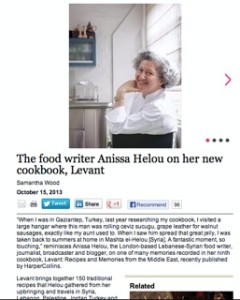 “I only cook when am testing or for friends. Otherwise I have leftovers. I make a lot of salads, probably my favourite food. I eat them every day, even in the winter. My secret for looking healthy is olive oil.”
“I only cook when am testing or for friends. Otherwise I have leftovers. I make a lot of salads, probably my favourite food. I eat them every day, even in the winter. My secret for looking healthy is olive oil.”
What about olive oil’s lower smoke point? “No matter what you tell people in Lebanon and Syria, they will continue to use olive oil but no one fries in it anymore. I fry with rapeseed or sunflower oil. But for other cooking methods I will use very good olive oil.”
Cookbooks aside, Helou has recently branched into the world of restaurants in London with the opening of Koshari Street, an Egyptian-inspired street food experience serving the country’s famous spicy rice dish. With plans further down the line to expand globally, we may just see the concept pop up in the UAE.
Anissa Helou’s cookbook Levant is available from the Kinokuniya bookstore in Dubai priced at AED130.
A bientôt.
FooDiva. x
Note – this interview was first published in The National here, along with a couple of recipes from Anissa’s cookbook. I am addicted to her sumac eggs for brekkie, and also partial to her easy peasy recipes in her Mediterranean Street Food cookbook, the tagines in particular.
P.S – don’t forget Marco Pierre White’s in Dubai this week at Wheeler’s DIFC and his newbie grill restaurant at the Conrad. More here towards the end of the post.
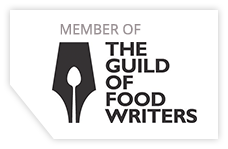














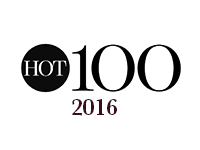
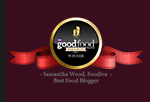
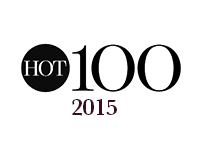







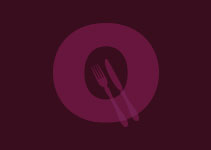

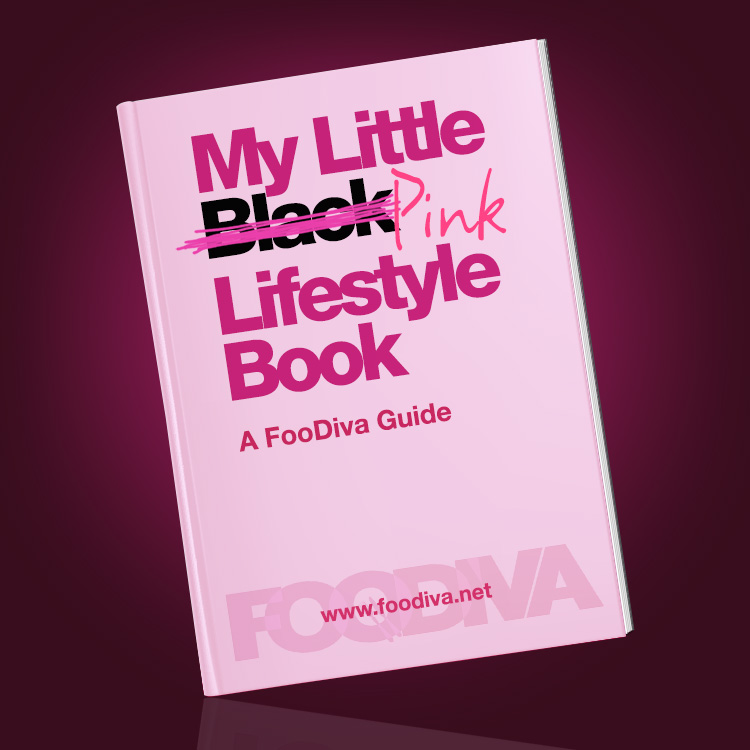


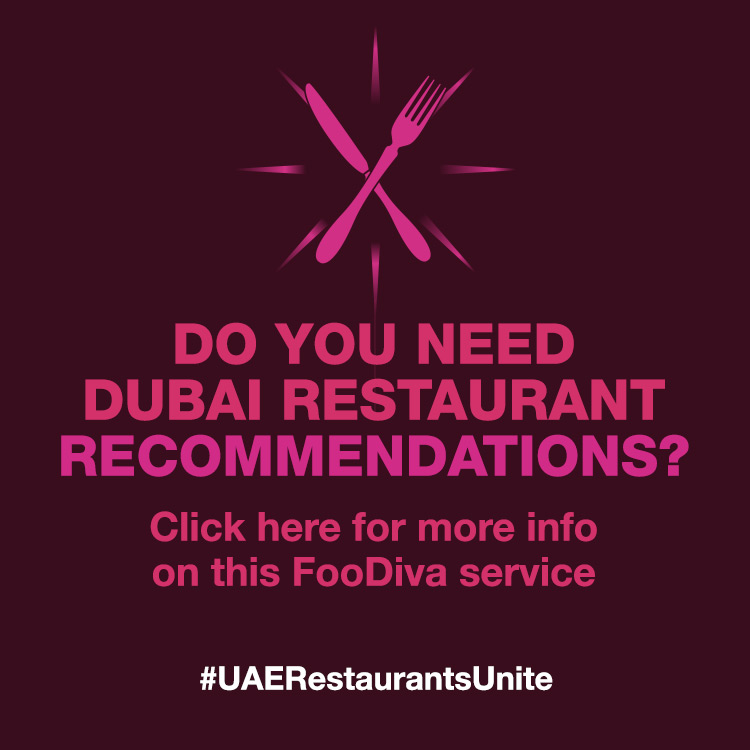



Anissa Helou is a delight – erudite, witty, cool, authoritative but down to earth. I will have to buy this.
Definitely the next one on my list… like the idea of recipes categorised over ‘social structure’ rather than the normal categories of starters, mains etc… I have met Anissa Helou in the last Emirates Lit fest – actually ate what she cooked – again simple cooking but an extraordinary dish. And I love her style. A woman I absolutely admire:)
This is a book you read from cover to cover with Anissa weaving in her food memories so cleverly with the recipes. Addictive reading and eating 🙂
I missed the National article so it was good to read it on Foodiva. Thanks for the heads up on Koshari Street in London. Where is it located so that I can visit when next time I am in UK?
Thanks Johann. It’s on St Martin’s Lane. One on my London bucket list too 🙂 http://www.kosharistreet.com/
Will visit koshari street in December – thx for the heads up foodiva. Xx
Let me know how it fares 🙂 x